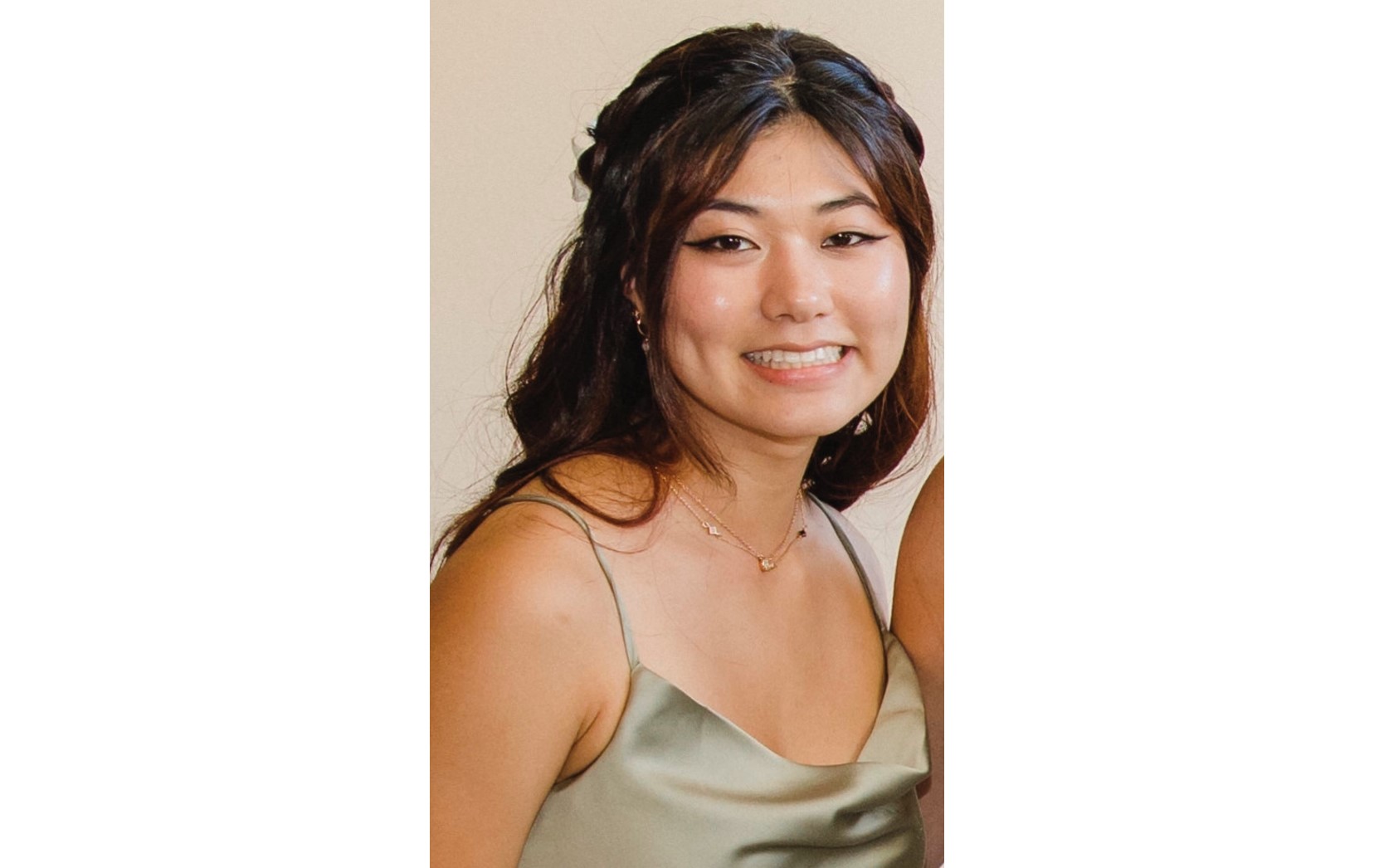
Shiny Shen ('26), a Bioengineering major, spent the summer synthesizing microchips to detect and measure human immunodeficiency virus (HIV) viral load with the hopes of creating a portable diagnostic device. Shiny was mentored by Dr. A. T. Charlie Johnson (Department of Physics and Astronomy), and this research was conducted through the Penn Undergraduate Research Mentoring Program. Shiny recently received the Vagelos Undergraduate Research Grant to continue this research!
I've always been interested in public health frameworks and how technology can impact these systems for better and for worse. To me, the product we were creating would be more useful as it would provide more agency to individuals by allowing them to monitor their own symptoms and overcome obstacles to care, such as having to travel far distances to get to a clinic. I've learned that there are inherent flaws in our current medical treatments and processes, and through research we can identify which challenges are solvable and strategize how to approach them.

Growing up, I interacted pretty frequently with students from my dad’s university lab. We had them over every year for a Thanksgiving potluck, and some of the alumni even showed up to my high school graduation. For my own first lab experience, I was really hoping for a family like the one I grew up with; people to bounce ideas off of, people whose brains I could pick, and people who could joke even while doing serious work. I’m thankful that that is what I found this summer. My PI and graduate mentors have been so patient and helpful as I continue to study the theory behind the project design and get trained on various cleanroom tools. Every person here works as part of the larger lab ecosystem: helping each other create new experimental recipes and open stubborn locks or providing some much-needed comic relief and a daily dose of pet pictures. I feel like most people going into a lab for their first time experience some degree of imposter syndrome; I came in feeling the pressure to emphasize what I did know and conceal what I didn’t. This group of people is one that I can say I feel comfortable being lost and confused around– able to learn from.

PURM has provided an incredibly well-supported first-time research experience that makes me wonder why I was so afraid to start sooner.
Part of what makes me okay, I think, with embracing my confusion is the fact my mentors have done the same. They're fueled by the unknown; no detail is too small to invite curiosity, too small to spark a day of tracing publications until the root concepts are uncovered. It's a process I feel familiar with and, interacting with my mentors, I'm encouraged to pursue research in the future. Study habits like having to start from the basics whenever I’m taught something new or forcing myself through derivations in order to remember formulas aren’t necessarily the burden on time that I’ve sometimes felt they were; they can be embraced as a crucial part of the work. From this experience, I’ve been inspired to give into my curiosities and take physics and math classes beyond my major, bioengineering. It seems that research is kind of a professionalization of not knowing– pinpointing what isn’t known and how to know it. If I continue down this path, well, I really can't be afraid of not knowing anymore. - Shiny Shen
Interested in reading more first-hand accounts about undergraduate research? Check out the other experiences featured on our Student News Page and Social Media!
Related Articles
Penn alumnus named 2025 Samvid Scholar
11/20/2024
The Importance of Community in Research
11/18/2024
Seyoon Chun ('26), a History major, conducted public health research under the mentorship of Dr. Andy Tan (Department of Communication) on how tobacco companies target members of the LGBT community. This research was supported by the Penn…
Penn fourth-year Om Gandhi is a 2025 Rhodes Scholar
11/17/2024
Penn fourth-year Om Gandhi, from Barrington, Illinois, has been awarded a 2025 Rhodes Scholarship, which funds tuition and a living stipend for graduate study at the University of Oxford in England. He is among 32 American Rhodes Scholars, and an…